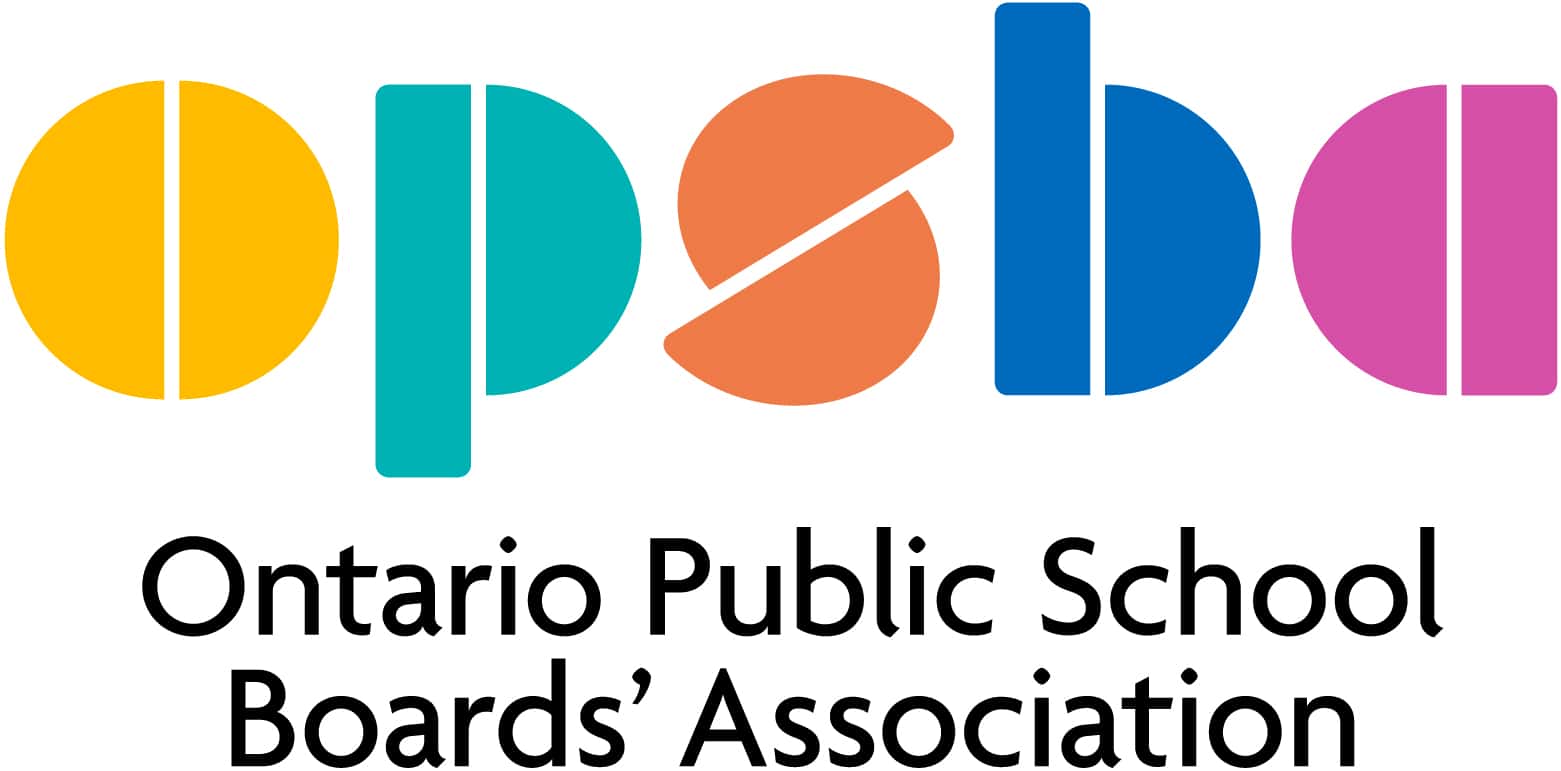Our Vision
OPSBA develops and strengthens relationships to facilitate access to programs, resources, and supports for Indigenous and non-Indigenous students that reflect the Truth and Reconciliation Commission’s Calls to Action.
Each year, a range of initiatives are undertaken to support First Nations, Métis and Inuit Education.
Indigenous Trustees’ Council
OPSBA’s Indigenous Trustees’ Council is the primary advisory body on Indigenous Education. The Chair of the Council sits as the First Nations Director on OPSBA’s Board of Directors. The Council provides advice on matters pertaining to Indigenous Education programming, curricula, training and resourcing and facilitates partnerships with Indigenous organizations.
Submissions and Letters
August 21, 2023 – Indigenous Trustees’ Council Letter to Minister Stephen Lecce
June 9, 2023 – OPSBA Indigenous Trustees’ Council (ITC) Submission on 2023-2024 Indigenous Education Priorities
March 9, 2023 – Indigenous Trustees’ Council Letter to Minister Stephen Lecce regarding language revitalization
September 29, 2021 – Letter to Premier Ford from Indigenous Trustees’ Council Chair re: Indigenous Education and the National Day for Truth and Reconciliation
November 30, 2020 – Indigenous Trustees’ Council Letter to Minister Stephen Lecce
April 26, 2018 – OPSBA Response to Proposed Amendments to the Education Act: Bill 31, Schedule 9
July 26, 2017 – Letter to federal Minister Bennett and provincial Minister Zimmer from the Indigenous Trustees’ Council re: challenges faced by Nishnawbe Aski Nation students
The National Centre for Collaboration in Indigenous Education
The National Centre for Collaboration in Indigenous Education (NCCIE) is hosted by First Nations University of Canada, which has a 40-year history of being Indigenous-owned, operated, and controlled. The Centre is grounded in principles of respect, reciprocity, and relationship, which are understood in Indigenous ways and honoured according to Indigenous protocols and customs.
The NCCIE website highlights innovative and exciting examples of Indigenous education from across the country, celebrating the work in communities to strengthen Indigenous Education for all generations. Hundreds of resources feature a diverse array of documents and curriculum from across Canada, including land, language and culture, pathways to reconciliation, maps, unique stories and panel videos from the NCCIE’s 2019 National Gathering.
Check it out today by watching the NCCIE’s introductory videos.
June 2015: OPSBA releases Advocacy Paper for Mandatory FNMI Components in Ontario’s Social Studies Curriculum
OPSBA’s advocacy paper was directed by the following resolution of its Indigenous Trustees’ Council, then known as the First Nation Trustees Council, approved by the Board in September 2014:
That a position paper be developed to advocate for mandatory elementary and secondary curriculum components in FNMI history that includes treaty education, the history and legacy of residential schools and the impact of the Indian Act.
That paper is now available for download.
The advocacy paper is in accord with the calls for action in the Final Report of the Truth and Reconciliation Commission in that it proposes a mandatory continuum on FNMI history in Ontario’s curriculum. The intent is that every Ontario student will learn about the government policies and legislation that gave rise to residential schools, their ongoing impact, as well as the contemporary realities of FNMI peoples.
February 2014: OPSBA Endorsement of Charter of Commitment on First Nation, Métis and Inuit Education
Tuition (Education Services) Agreement Guidebook
A Tuition (Education Services) Agreement Guidebook has been developed as a joint initiative of the Chiefs of Ontario, Ontario’s school board associations, the Ministry of Education and Indigenous and Northern Affairs Canada. The guidebook is intended as a resource for First Nation communities and school boards when negotiating tuition/education services agreements for students from First Nation communities who attend schools in the provincial system.
Additional Resources
- OPSBA First Nation Director’s Presentation to People for Education Conference – Nov. 2015
- OPSBA 2013 Response regarding Implementation of Ontario’s First Nation, Métis and Inuit education
- Letter to Premier-Designate Kathleen Wynne
- OPSBA First Nation input on Early Learning Curriculum
- Letter to Attawapiskat regarding Shannen Koostachin
- Letter to Chuck Strahl regarding Attawapiskat
- Letter to John Duncan regarding Attawapiskat


